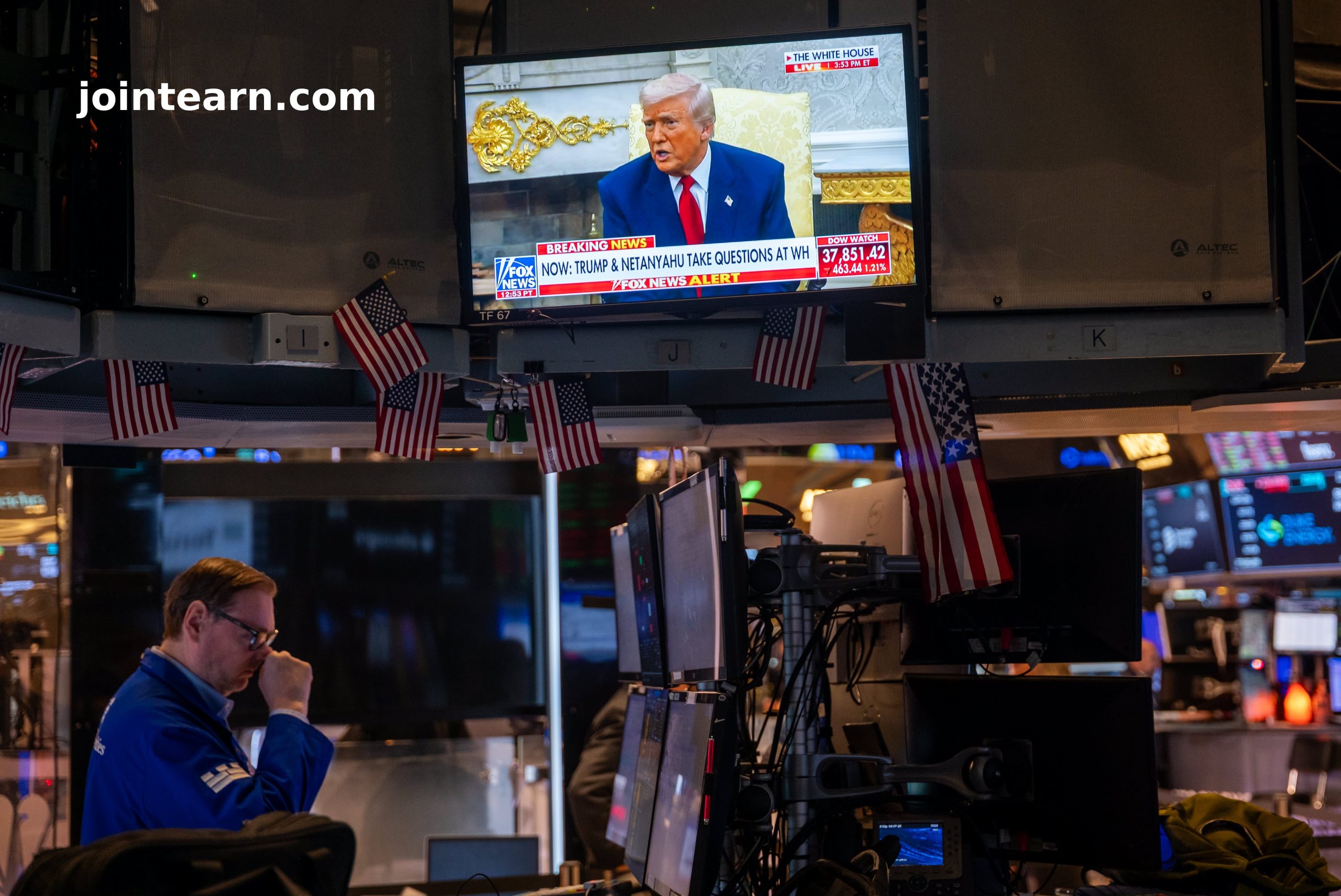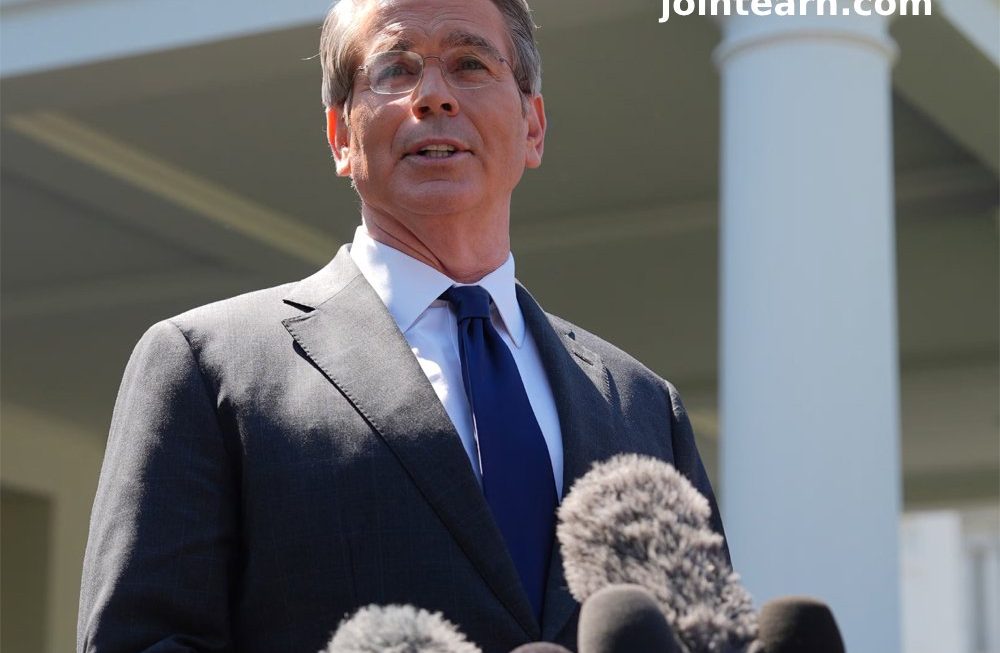President Donald Trump has effectively shut down Republican discussions around allowing tax hikes on high earners, putting a swift end to a long-shot proposal to raise revenue by letting the Trump-era tax cuts on the wealthy expire.
“I think it would be very disruptive because a lot of the millionaires would leave the country,” Trump said Wednesday, dismissing the idea of a new millionaire tax bracket as a threat to American competitiveness.
Despite little data supporting his claim, Trump’s statement sends a clear message: any GOP-led 2025 tax bill will likely steer clear of raising taxes on the rich — even as the party confronts enormous budgetary pressures.
GOP Faces Pressure Over Expiring Tax Cuts
At the center of the debate is the current top individual tax rate of 37%, which applies to those earning over $640,000. That rate — implemented under the 2017 Tax Cuts and Jobs Act — is set to expire at the end of 2025, returning the top rate to 39.6% unless Congress acts.
Some Republicans had floated letting the rate rise or introducing a new top bracket for millionaires, but Trump’s comments suggest he won’t support either move.
“Well, that didn’t last long,” noted Greg Valliere of AGF Investments, after Trump appeared to shut down talks of taxing the wealthy.
Budget Challenges and GOP Infighting Over Revenue
The debate reflects deeper divisions within the GOP as they try to finalize a tax package while balancing a rapidly growing national debt. A recently unveiled budget framework allows for $5.8 trillion in new deficit spending over 10 years, heightening the need for revenue raisers.
Treasury Secretary Scott Bessent acknowledged last week that the administration was still exploring “a range of revenue raisers,” but Trump’s latest statement suggests the millionaire tax idea is now politically toxic.
Policy analysts say that abandoning this potential revenue source will increase pressure to make unpopular cuts to programs like Medicaid, SNAP, or even clean energy tax credits.
Political Risk Grows as Cuts Come Into Focus
One proposal under consideration to save money includes tightening child tax credit eligibility by requiring parents to have Social Security numbers — a move that would disproportionately affect immigrant families, potentially denying 4.5 million citizen children the benefit.
Economists and analysts warn that other cost-saving measures, such as a corporate SALT cap or reducing Social Security and Medicaid benefits, could trigger political blowback across both parties.
As Henrietta Treyz of Veda Partners notes, “The bottom line is they need money.” With Trump’s rejection of higher taxes on the wealthy, Congress will be forced to dig deeper into politically sensitive areas to offset costs.
No Exodus of Millionaires Expected
Trump’s claim that millionaires would flee the country over a modest tax increase is widely disputed by economists. Historical evidence from 2017 and global comparisons suggest otherwise. In many European countries, top income tax rates exceed 50%, yet wealthy individuals have not fled en masse.
As Valliere observed, “Most billionaires wouldn’t even notice a 1 or 2 percent tax hike.”
Still, Trump’s position may reflect not economic analysis but pressure from wealthy GOP donors — and it ensures that tax hikes on the rich remain off the table in a year where Republicans must square big promises with hard math.












